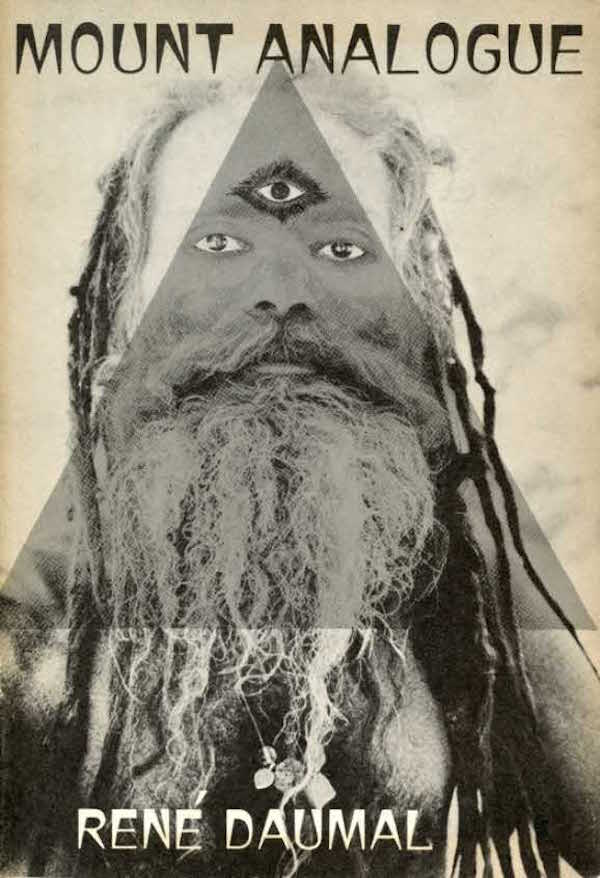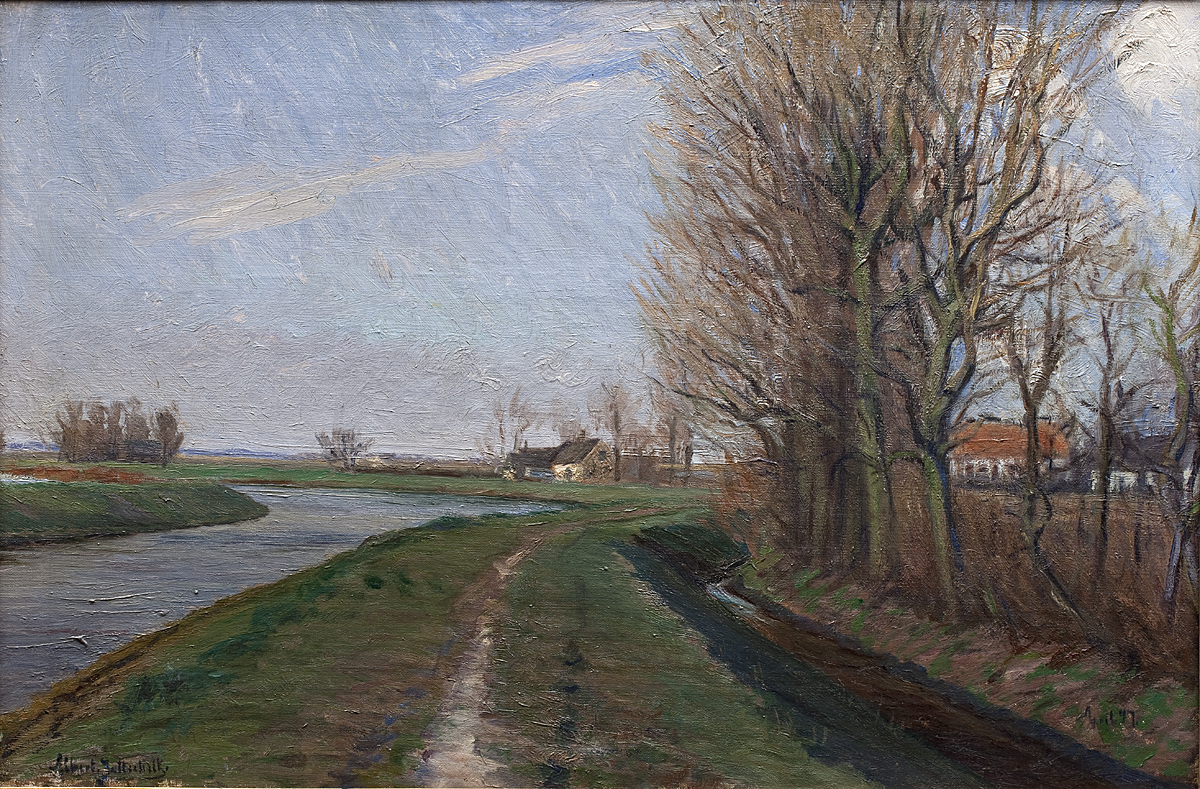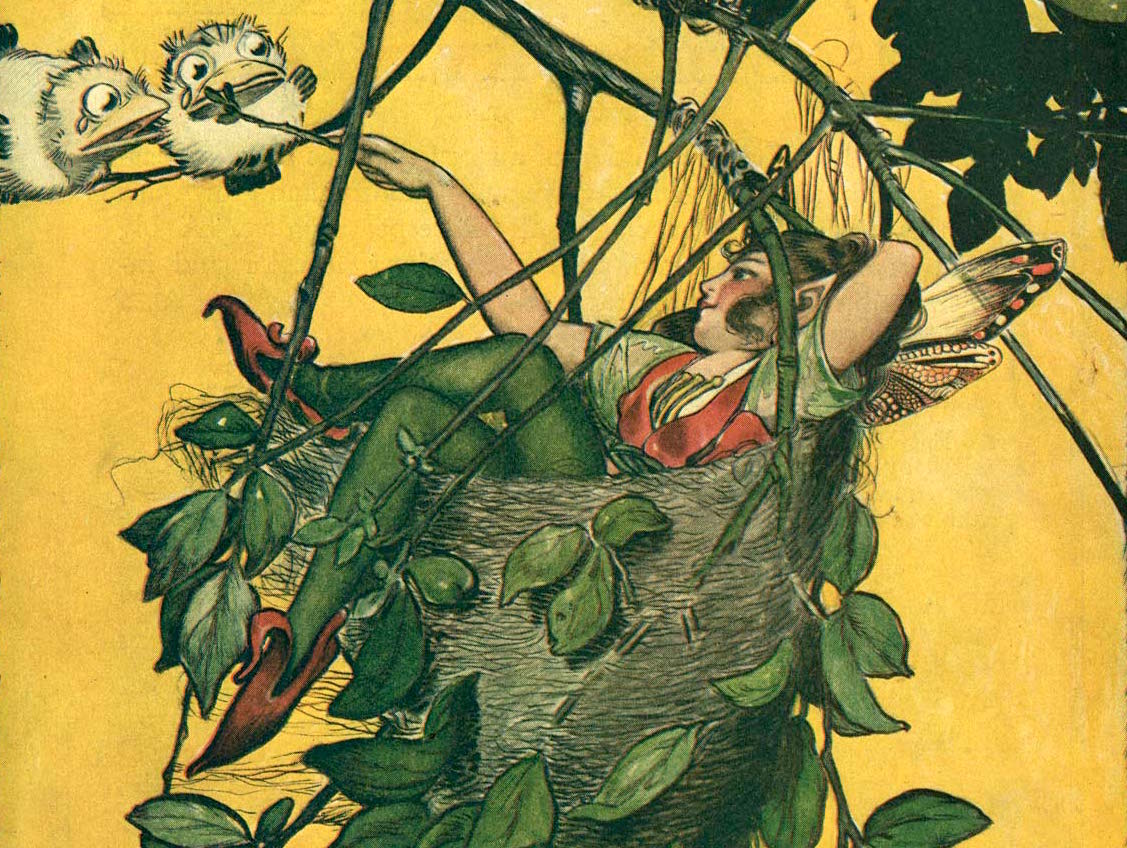【video call sex indo】
Mount Analogue
Our Daily Correspondent

After I wrote about Daphne du Maurier’s “Monte Verità” in September, a kind reader sent me a note:
I wonder if du Maurier knew Daumal’s Mount Analogue: A Novel of Symbolically Authentic Non-Euclidean Adventures in Mountain Climbing, also 1952 (in French). Not translated to English until 1959, by Roger Shattuck (of course, du Maurier undoubtedly read French). Many similarities, though Daumal’s story is almost wholly allegorical.
I’m ashamed to admit that before this I’d never read René Daumal’s Simplist classic—I knew it mainly as one of the inspirations for Jodorowsky’s Surrealist film The Holy Mountain. (Which, in turn, I hadn’t seen since college.) If I’m honest, I’d deliberately avoided Analogue. I was afraid the book would be sort of like Edwin Abbott’s Flatland, from 1884: didactic, allegorical, perhaps mathematical. In any case, I told myself to grow up and get over the trauma of trigonometry and quickly ordered a copy of the English translation. (My French is a lot worse than du Maurier’s.)
Daumal was heavily involved in avant-garde poetry and spiritualist circles of his day. He was also a practitioner of pataphysics, Alfred Jarry’s absurdist scientific discipline. (Shattuck was a scholar of the movement.)
In Analogue, which tells of a journey up a mountain whose “summit must be inaccessible, but its base accessible to human beings as nature made them,” the allegorical landscape, with its riddles and internal logics and gnomic sages, is akin to Alice in Wonderland—or, perhaps, The Phantom Tollbooth or The Little Prince. There’s the same sense of unfamiliarity, and the same necessary release of preconception. In this case, the philosophical striving is matched with the literal practice of mountaineering. And the prose is clearly that of a poet, as well as a philosopher.
Daumal died young, of tuberculosis, before completing Mount Analogue. As a result, the novel chronicles only the climb to the top of a mountain, and not the narrator’s descent. “If you slip or have a minor fall, don’t allow yourself an instant’s pause,” he writes:
Find your pace again the moment you get up. In your mind take careful note of the circumstances of your fall, but don’t let your body linger over what happened. The body constantly tries to draw attention to itself by its shiverings, its breathlessness, its palpitations, its shudders and sweats and cramps; but it reacts quickly to any scorn and indifference in its master. Once it senses that he is not taken in by its jeremiads, once it understands that it will inspire no pity for it that way, then it comes into line and obediently accomplishes its task.
Sadie Stein is contributing editor of The Paris Review, and the Daily’ s correspondent.





Related Articles